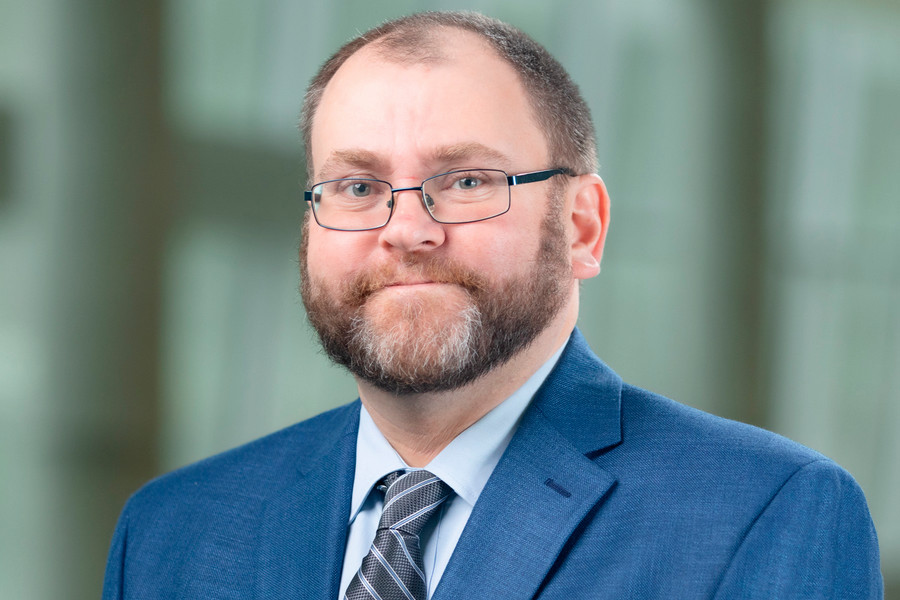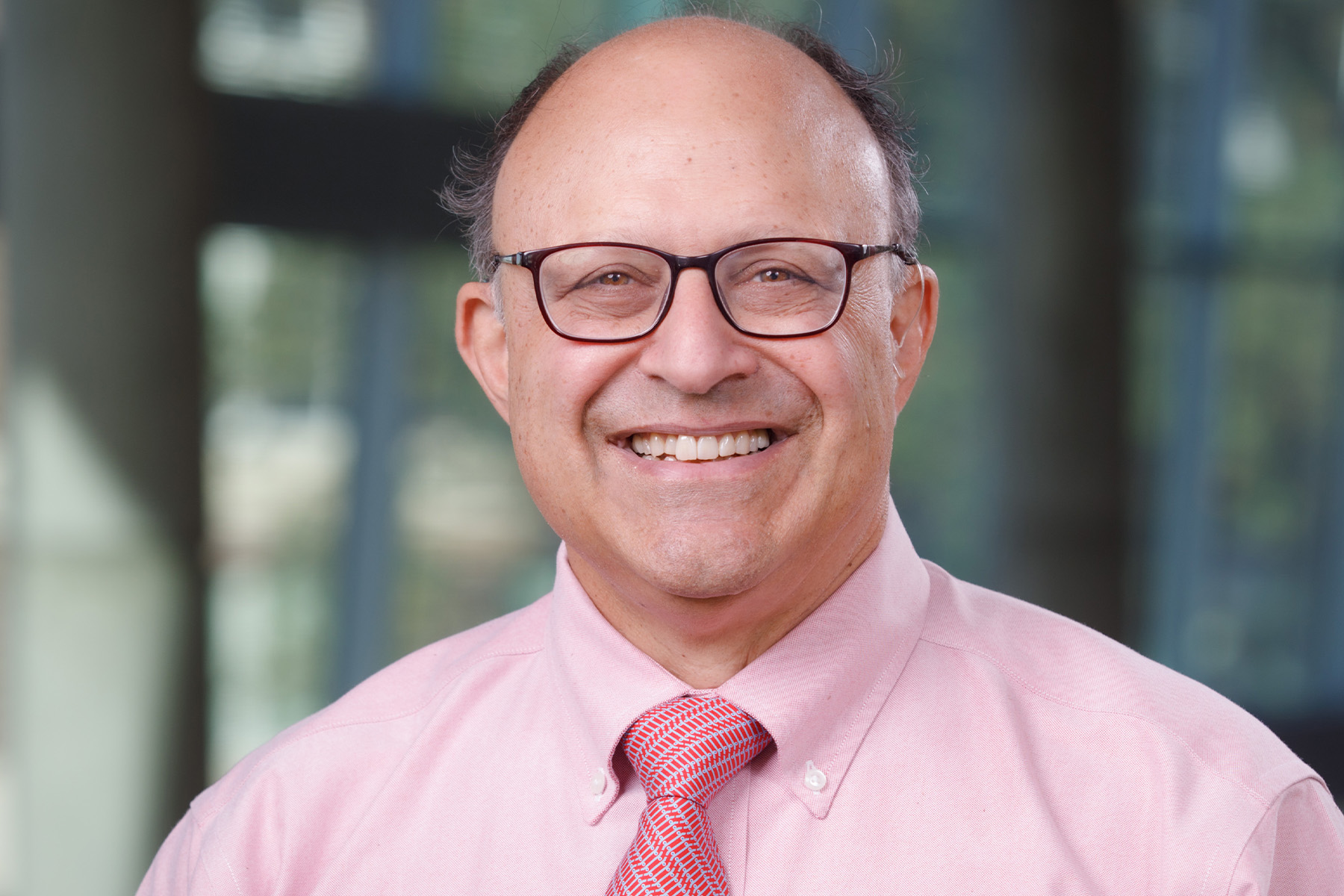Alzheimer’s Disease & Related Dementia Drug Discovery Training Program

Be at the forefront of discovering new treatments to improve the well-being of the 6.9 million Americans who have Alzheimer's Disease.
With the number of individuals diagnosed with Alzheimer’s disease and related dementias expected to keep rising, UNMC is preparing the next generation of scientists and clinicians to drive Alzheimer’s Disease and drug development research forward.
The UNMC Training Program in Alzheimer’s Disease and Related Dementia Drug Discovery tackles the complexities presented by these dementias, enabling us to create groundbreaking discoveries that help doctors understand and treat Alzheimer's.
If you are accepted into the program, you will have the opportunity to conduct hands-on research to identify new targets, new models and new drugs for the potential treatment of Alzheimer's disease and related dementias. Plus, you'll receive training from renowned faculty from an array of disciplines who care for individuals with Alzheimer's disease and related dementias — so you can see potential areas where your research can improve human health.
This is an NIH-funded T32 program administered jointly by the Department of Pharmaceutical Sciences and Department of Neurological Sciences at UNMC.
Students in the program will receive advanced training on top of their doctoral program requirements. The program is designed to build your knowledge within pharmacokinetic studies in experimental therapeutics and the drug development process. After completing the program, you will have the expertise to collaborate on interdisciplinary teams and address challenges within target-based drug discovery concerning Alzheimer's Disease and related dementias.
You will take defined courses in biochemistry, statistical analysis, pharmaceutical chemistry, neuroscience, responsible conduct of research, research design and scientific thinking, and the drug discovery process to provide a common skill set and language for interdisciplinary research. You'll also receive advanced training in communication, publication writing, leadership skills and more that can be used throughout your career in academia, industry or other sectors.
Training will consist of:
- Formal courses
- Journal clubs
- Seminars and workshops
- Clinician shadowing
- Mentored research leading to a doctoral thesis and degree
The science of drug discovery is complex and collaborative by nature. Just a few of the research opportunities include:
- Identifying target disease proteins
- Developing assays to identify compounds with activity to modulate the protein target
- Synthesizing better compounds optimized to be "drug-like"
- Assessing pharmacokinetics, pharmacodynamics, metabolomics or the development of drug delivery methods
- Conducting preclinical studies and possibly clinical trials
As a member of the training program, you'll receive financial support, including:
- Stipend in accordance with NIH predoctoral minimum.
- 60% of student fee costs up to a maximum of $2,813.
- Travel budget of $1,000 for conference presentation on your T32-funded research.
- Up to $2,000 towards childcare costs.
Plus, in addition to getting real-world experience in research and drug development, you will:
- Complete clinical shadowing with doctors who care for Alzheimer’s patients on the UNMC campus, gaining first-hand experience of patients with the disease.
- Perform research where you can potentially impact human disease.
- Gain transferable skills, like communication and leadership, that are crucial to success regardless of career path.
- Stand out in today's competitive scientific landscape and strengthen your credibility for future training grant and fellowship funding.
- Build your CV through publications, presentations, software development or educational modules.
- Network with a cohort of students, faculty members and peer advisors, forming connections for future collaborations and job opportunities.
Eligibility
- Candidates should be working on a current Alzheimer’s Disease or related dementia drug discovery project (broadly defined) or be able to propose such a project with their mentor’s approval and willingness to support such a project.
- Candidates should be PhD graduate students in good standing.
- Preference will be given to students who have passed their comprehensive exam and advanced to candidacy.
- Candidates must be US citizens or non-citizen nationals or have been lawfully admitted for permanent residence (in possession of a valid Alien Registration Receipt Card, or "green card") at the time of the appointment.
- Mentor must be existing T32 program faculty or plan to join in the first year of the T32 scholarship.
Application
The application period begins in summer 2024 with a start date in August. If you have questions about the program, please email Dr. Paul Trippier.
Meet the Team
Directors
Paul Trippier, PhD
Associate Professor, College of Pharmacy
Director, Pharmaceutical Sciences Graduate Program
402-559-9763
402-559-5673

Howard Fox, MD, PhD
Professor, Department of Neurological Sciences
Senior Associate Dean of Research & Development, College of Medicine

